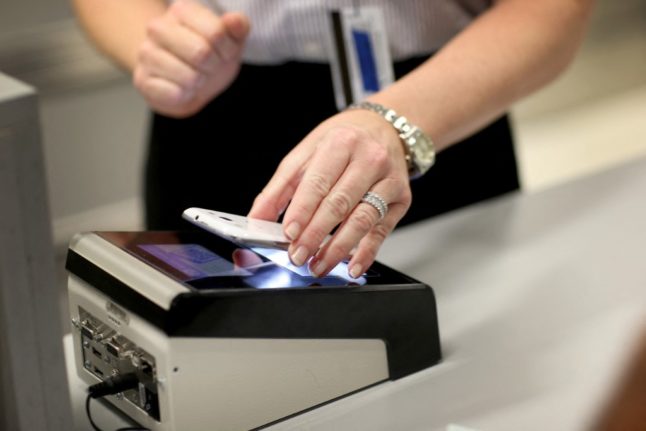Born in Jeddah, Zahid moved to India to work before she decided that she wanted to go back to university. After being accepted to a Masters course in Karlsruhe, the business analyst is content with life in calm, leafy Germany.
Where are you located and what do you do?
I live in Karlsruhe and work as an IT Business Analyst/Junior Manger at a leasing firm called Grenekelasing AG based in beautiful spa city of Baden-Baden.
Although my work place is located in Baden-Baden I prefer to live in Karlsruhe given the fact that the city is more lively, has a large student population as a result of KIT (Karlsruhe institute of Technology), great local transport as well as quite good national train connections.
What brought you to Germany and how long have you been here?
I’d been working as a Business and application developer in an leading US based IT firm in New-Delhi, India when I decided to switch back to student mode and submitted my first post graduate application form. Within few weeks the university acceptance letter landed in my inbox, which had me packing my bags and taking the next flight to Germany.
How did you land your job and do you have tips for anyone seeking similar work?
During the last phase of my Masters course I had put in couple of job applications, which was when I received an interview call and after a period of a few weeks was offered the job.
Applying for a job in Germany seems pretty straight forward but the whole application process takes time ranging from a few weeks to even two to three months. Moreover, when applying for a job in Germany providing concise information and following German resume format is crucial. Most German companies prefer to conduct telephone interviews rather than directly inviting them in in person.
Is it important for you to be able to speak German in your position?
Yes, the company I work for has German as its working language but since I deal with international customers and clients the business language for them is English. However, internally all the operations and business are carried out in German which was a bit difficult for me as a non-German speaker. Over time though I picked up the language and now am quite comfortable. At times I still need to struggle with few professional German words but my colleagues at work are helpful and cooperative. I guess I have been lucky in that way.
What are the key differences practising your profession here and your home country?
I was born and raised in Jeddah (Saudi Arabia-Middle east), where I went to school. I then moved to India for further studies and work. This means that I have lived rather internationally, but still the difference between German and Indian workplace is how relaxed the atmosphere is. People in Germany don’t take their work home with them, but in India quite often its hard to find any time for oneself outside of the office.
What are the best and worst parts about working in Germany?
One of the worst parts is the amount of tax one needs to pay over here as well as how slow the bureaucratic processes tend to be. I can take months to get paperwork filed. Then again, I do enjoy the clean, calm and green environment which Germany offers and most importantly the mandatory health system. Also, the zest with which different festivals such as Oktoberfest or Fasching are celebrated is quite impressive. And of course, the festive spirit during Christmas and New year’s is absolutely magical!
Do you plan on staying?
As for now I am quite enjoying my current phase in Germany and has no concrete plan of moving for couple of years.
Want your German career featured on The Local? Contact us at: [email protected]
The Local/jcw



 Please whitelist us to continue reading.
Please whitelist us to continue reading.
Member comments